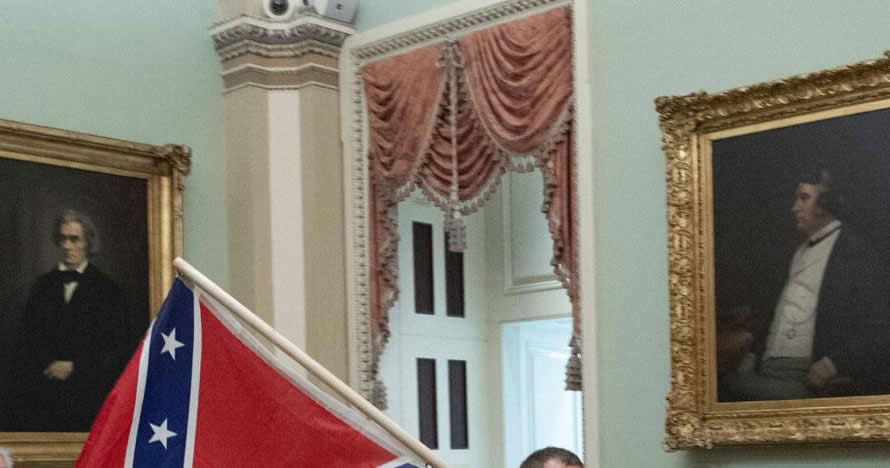Parashat Va’era
Exodus 6:2-9:35
Moses and Aaron confront Pharaoh again. Aaron throws down his staff and it turns into a crocodile. Apparently, this is meant to impress Pharaoh with Aaron’s and Moses’ God-given powers. Yet Pharaoh is not impressed at all. Instead he summons his magicians and they conjure up staffs and they throw them down and their staffs also turn into crocodiles. Even though Aaron’s staff swallows up the others, Pharaoh in unmoved. (Ex. 7:8-13)
What’s the point? Why did God send Moses and Aaron to perform a sign that Pharaoh’s magicians could easily replicate? What kind of sign is that? And when Pharaoh is not convinced, even though Aaron’ staff proves the stronger, what is achieved, especially when God has predicted Pharaoh’s recalcitrance? If convincing Pharaoh was not the goal, then what was?
It seems that a different purpose is intended. We are shown that people can invent all kinds of alternative facts to justify what they want to believe and do, even when they know it is wrong and phony. Pharaoh knows that Aaron’s rod was not conjured through magic. But, if he can have his courtiers perform a magic trick that resembles Aaron’s sign, that is enough for him to persist in his stubborn policies. His magic does not have to completely copy true reality. It just has to come close, and then Pharaoh’s desire to believe and do what he wants will fill in the rest.
We have been witnesses to a similar phenomenon for these past years, and into this week, in our United States of America. In order for the craven supporters of our morally bankrupt and now traitorous President to continue holding on to their positions, they are eager to embrace magical thinking, the conjuring of made-up images and the promotion of lies and approximations of reality. Truth and facticity are not required. A mere semblance is quite sufficient.
God knows that Pharaoh will not be convinced by Aaron’s demonstration. But we, who tell the story, are meant to learn how dangerous it can be if our deep-seated fears and selfishness possess us. We will invent preposterous excuses, theories and distortions of reality in order to be able hold on to our power, just like Pharaoh. And, just as Pharaoh was willing to suffer inconvenience and pain in order to hold on to his precious power, we, too, willingly tear down our own treasures in order to preserve our power. And what is that power? It is the power to inflict suffering on others.
On the other hand, God explains to Moses, the struggle with Pharaoh is the fight to establish in this world of ours the unique Name of God – YHVH. This is the Name that signifies that God is moved by the suffering of the Children of Israel in their oppression. This Name means that God is, was, and will be – what really is – that God is eternally what is, and not what we magically conjure for a moment. The Talmud tells us that the Prophets “knew that God is True; therefore, they did not make God into untruth.” (BTYoma 69b) God’s Name conveys God’s Truth of Being. And, as God teaches through the story of the Exodus and throughout the whole Torah, that Truth of Being is not the power to inflict suffering, but the Truth of All-encompassing Love and Compassion. And that is the Truth that must be fought for.
Shabbat Shalom
Rabbi David Greenstein
Subscribe to Rabbi Greenstein’s weekly d’var Torah
Thank you to John Lasiter for suggesting the title and selecting an image for this Torah Sparks – Rabbi Greenstein
- Toby Stein: In Memoriam - Thu, Feb 8, 2024
- Faithfulness and Hope: Parashat Sh’lach - Thu, Jun 23, 2022
- Past Their Prime: Parashat B’ha`a lot’kha - Thu, Jun 16, 2022

